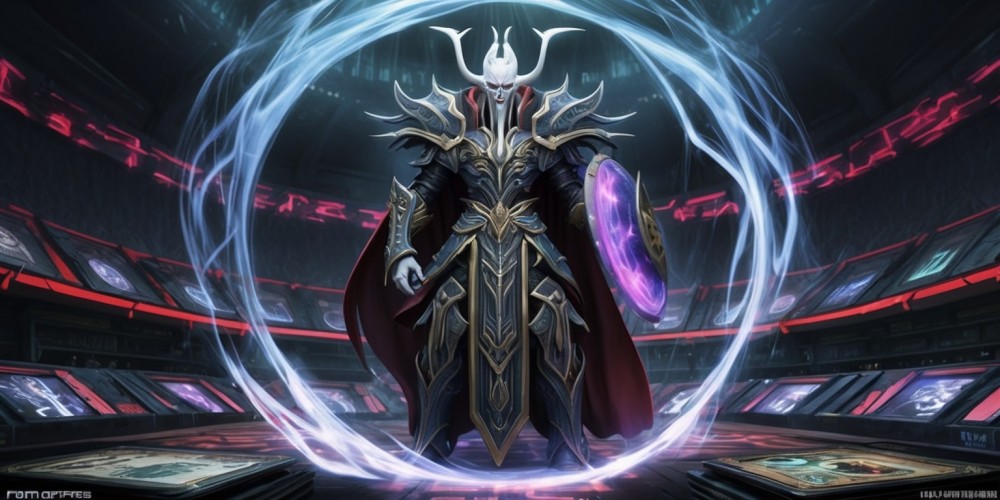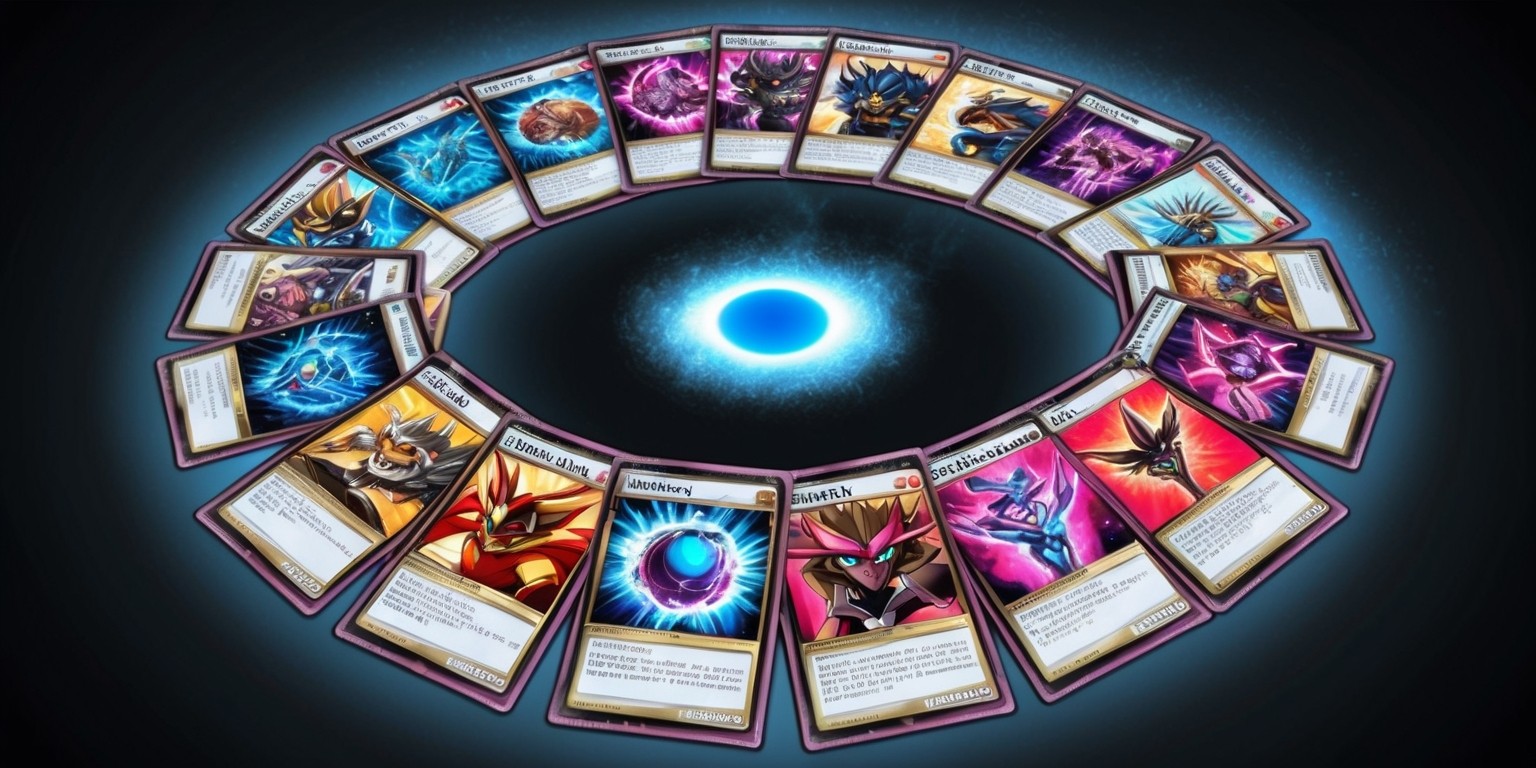- Ryan Gutierrez
- 02 Nov 2024

FromSoftware's Influence: Denial Deity Dotan Enters the Yu-Gi-Oh Arena
Following a reduction in his capabilities within his own realm, the renowned final adversary from Elden Ring’s downloadable content appears to have made a foray into the realm of Yu-Gi-Oh. However, I regret to inform him that he isn't particularly impressive.
In light of earlier references to Dark Souls and Demon's Souls from this year, the latest Yu-Gi-Oh trading card game set, Rage of the Abyss, takes inspiration from the climactic opponent of Elden Ring's Shadow of the Erdtree DLC. Meet Denial Deity Dotan, remarkably reminiscent of Promised Consort Radahn.
A post from a Reddit user first brought this card to my attention, released with the English version of the Rage of the Abyss set on October 10. While some prior nods to FromSoftware felt somewhat forced, Denial Deity Dotan appears to be a distinct and intentional homage.
A robust warrior wielding two greatswords and carrying an ethereal figure on his back, with flowing hair that resembles a cloak, unmistakably resembles Consort Radahn. The endeavor is reinforced as this card features a fusion monster created from one Light monster and two others, effectively standing in for Radahn, the remains of Mohg, and our beloved Miquella, who unite to form the Promised Consort.

Absent the Elden Ring influence, this card would likely fly under the radar. If Radahn imagined he could thrive in the Yu-Gi-Oh universe after a downgrade in Shadow of the Erdtree, he is mistaken. Denial Deity Dotan proves to be lackluster, which explains why this common rarity card retails for about $0.02 on TCG Player.
I acknowledge my status as a vintage Yu-Gi-Oh enthusiast, but even from a distance, observing modern gameplay like an outsider, I struggle to see Dotan gaining traction. Exchanging three monsters and a fusion trigger for one 3000 attack monster is not a worthwhile trade, and despite his defensive abilities and situational destruction resistance, Dotan can still be easily countered with numerous standard effects, such as banishing, flipping, or negation. The card’s unique feature of avoiding shared monsters with the opponent is relatively clumsy, especially considering the prevalence of neutral hand trap monster cards.
I will concede one point for Dotan. If this isn’t merely a peculiar coincidence, it stands as possibly the most striking FromSoftware-inspired Yu-Gi-Oh card so far.
The Elden Ring patch 1.16 addresses several issues within Shadow of the Erdtree, yet deciphering what modifications were made may be a challenging task.
Leave a comment
Your comment is awaiting moderation. We save your draft here
0 Comments